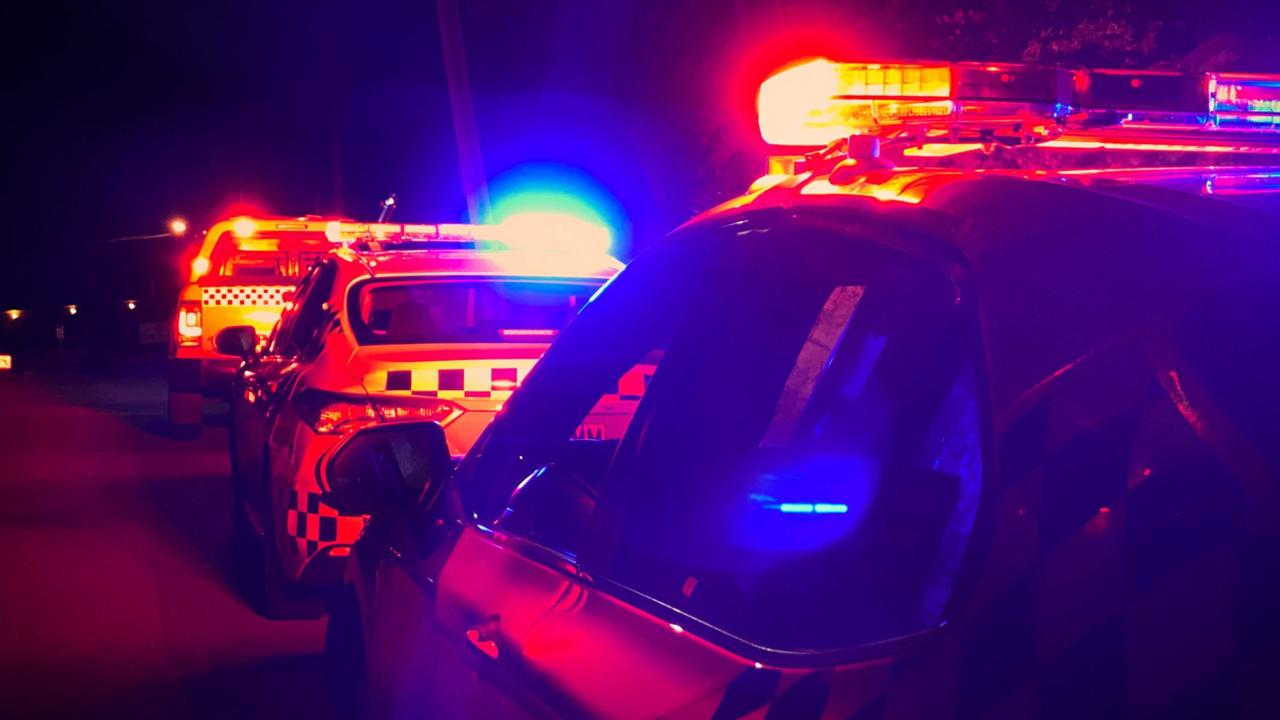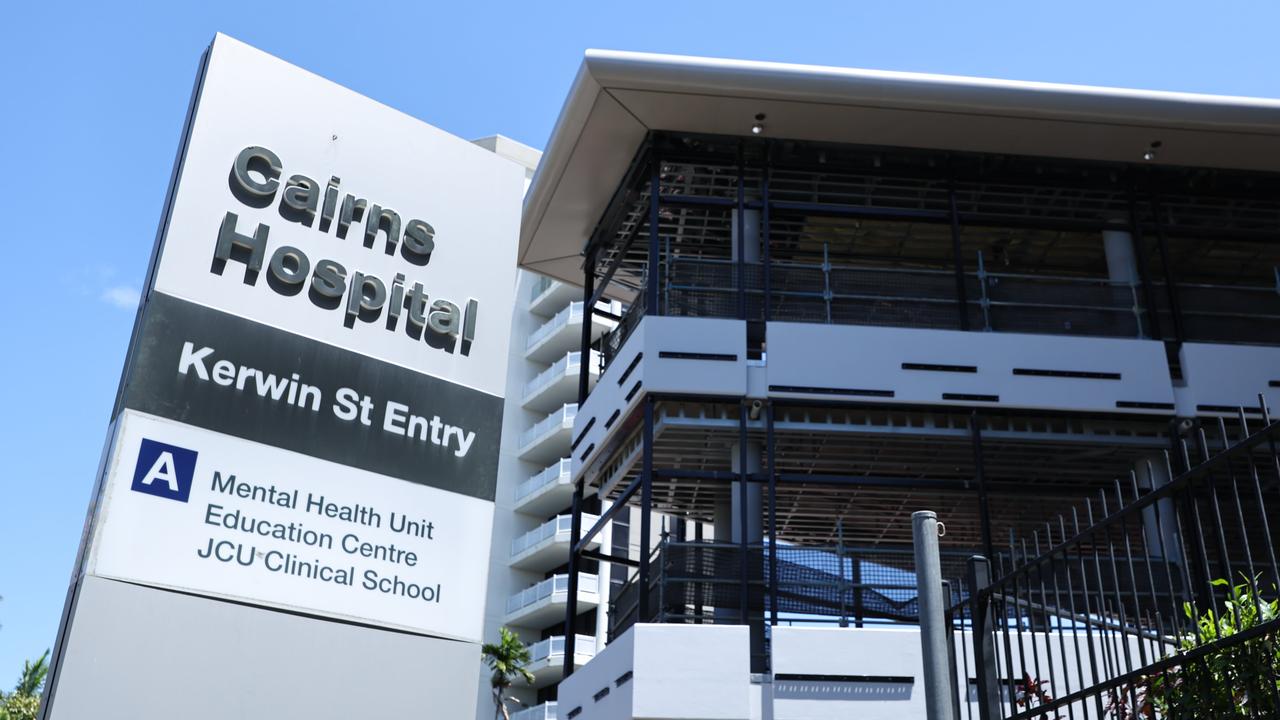Health Ombudsman report slams Doomadgee Hospital over death of woman
The Health Ombudsman noted “an apparent lack of progress” making changes recommended in the wake of preventable deaths at Doomadgee.
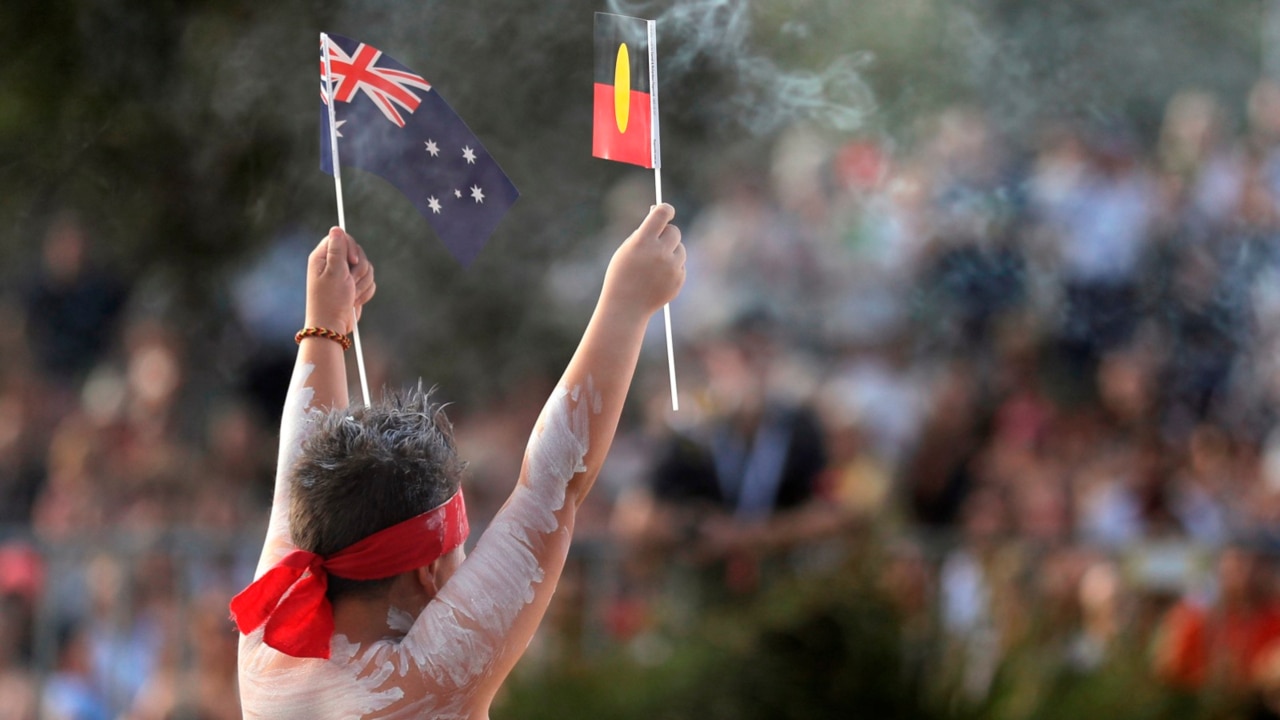
Cairns
Don't miss out on the headlines from Cairns. Followed categories will be added to My News.
The North West Hospital and Health Service (NWHHS) has been slammed by the Health Ombudsman over issues surrounding the death of a 37-year-old Doomadgee woman.
Adele Sandy, who had rheumatic heart disease (RHD) died on May 30, 2020 and she is one of three women whose deaths are subject to a coronial inquest, with findings yet to be handed down.
The Office of the Health Ombudsman (OHO) noted eight months before Miss Sandy died, Betty Booth died, aged 18, sparking a protest in Doomadgee.
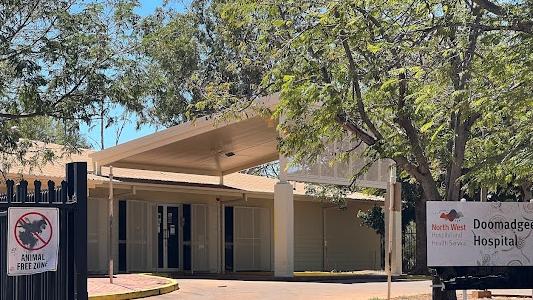
NWHHS undertook an independent review of Ms Sandy’s care.
The OHO found shortcomings in the review and that only part of three of 10 recommendations arising from it had been implemented.
“The OHO is concerned with the apparent lack of progress to date,” the report stated.
“It is evident that clear and committed action is required to address the issues identified in this report to avoid further preventable deaths and it is expected that Doomadgee Rural Hospital (DRH) will implement the following recommendations as priority actions,” it stated.
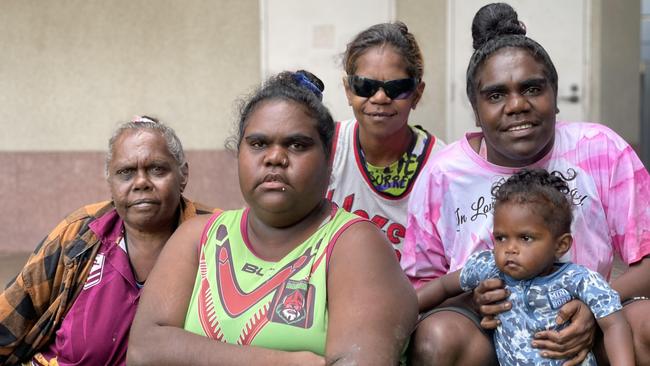
It said there was evidence of medical paternalism at DRH and a limited understanding of unique issues faced by Aboriginal and Torres Strait Islander patients.
Miss Sandy’s husband Edgar Sandy made a complaint two months after the mother of four died.
He said DRH failed to escalate her care to Mt Isa or Cairns earlier, sending her home the day before she died.
He said there were insufficient staff present when she deteriorated and they failed to recognise her as a high risk patient with a complicated medical history.
Mr Sandy said her elder female relatives, who had a cultural responsibility to care for her, were refused access.
He said a nurse stopped resuscitation efforts to call police when Miss Sandy was in cardiac arrest, with police questioning Mr Sandy when he was in mourning, and DRH giving police confidential health information.
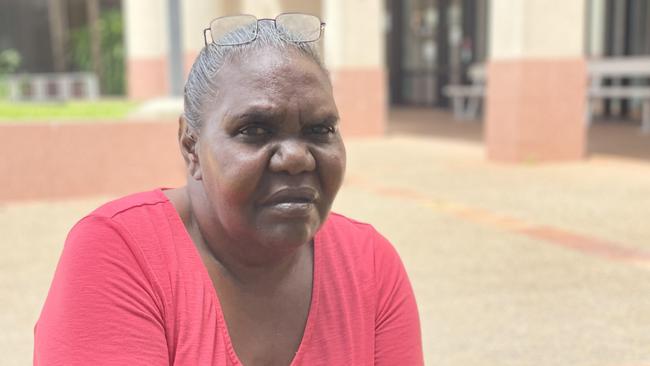
He said police were called for security and to communicate Miss Sandy’s death to her family – poor sociocultural practice.
NWHHS denied contacting the police.
“While there is confusion regarding the role QPS played … in the context of Doomadgee’s local recent history, DRH should have been aware of the impact of police presence,” the report stated.
DRH staff wrote disparaging comments about Miss Sandy that she was non-compliant with her medication, the report said.
“The Sandy family were not provided any explanation for Miss Sandy’s clinical deterioration or cause of death at the time of her passing and two subsequent meetings between DRH staff and different members of her family also failed to provide answers,” the report stated.
“Miss Sandy’s records contained comments that conveyed judgmental, negative and unconstructive attitudes held by DRH staff towards her.”
Advocate for the women Alec Doomadgee said the truth was out.
“After three years of fighting to expose the racist treatment of my sister Adele Sandy at the hands of the Queensland health system, the truth is here,” he said.
Miss Sandy was diagnosed with RHD as a young child and at 26 underwent a mechanical heart valve replacement, which meant ongoing medication.
She was admitted to DRH on May 27, discharged on May 29 and returned via ambulance on May 30 with abdominal pain and shortness of breath.
She was triaged at 4.15pm and noted to be unresponsive, and CPR started at 5.15pm.
She was declared dead at 6.16pm.
The OHO also handed down a report into the Aboriginal community Controlled Health Service Gidgee in Doomadgee, saying it needed better communication with DRH.
“High staff turnover results in a lack of continuity of local and cultural knowledge and a constant need for Aboriginal people to build new relationships, which may impact on their willingness to engage with the health system at all,” the report stated.
It noted the provision of health services had been significantly impacted by staff shortages.
NWHHS acting chief executive Sean Birgan said the service was committed to improvement.
“We acknowledge and accept the intention of all recommendations and will respond accordingly noting that actions have commenced for most recommendations and some recommendations have been implemented in full,” he said in a statement.
More Coverage
Originally published as Health Ombudsman report slams Doomadgee Hospital over death of woman




